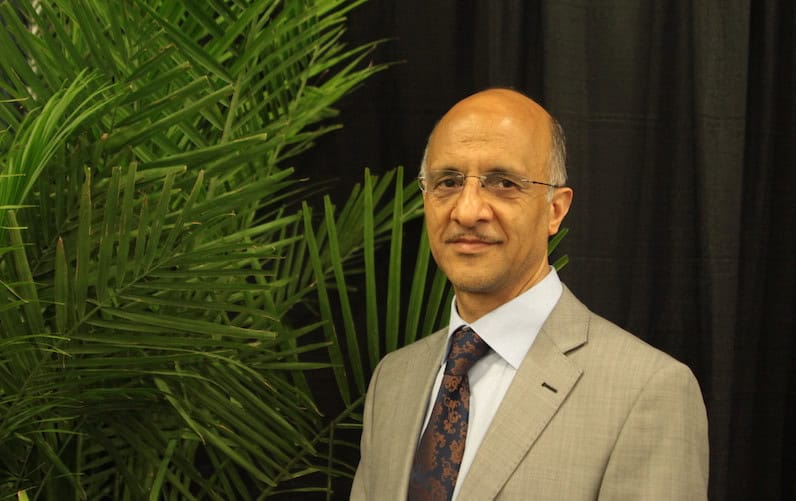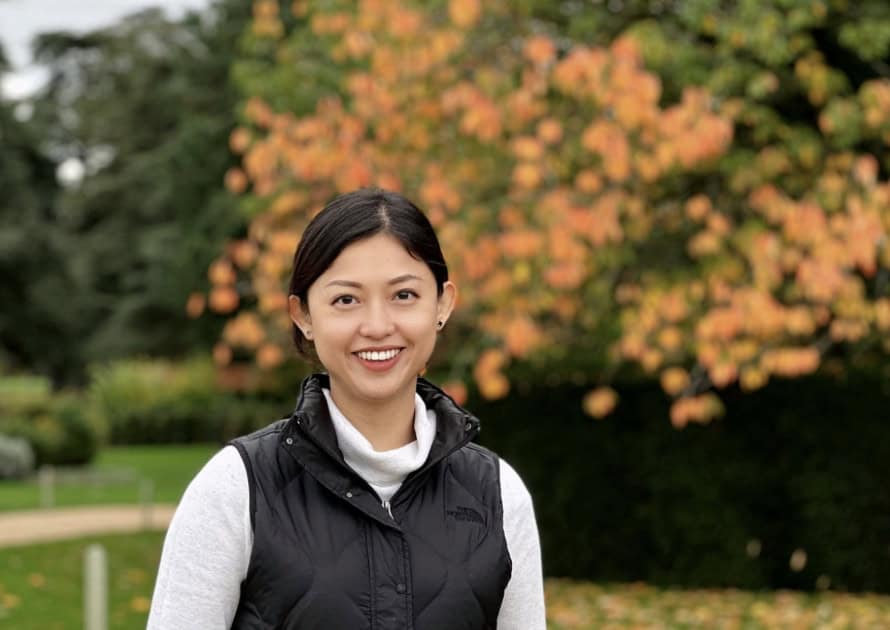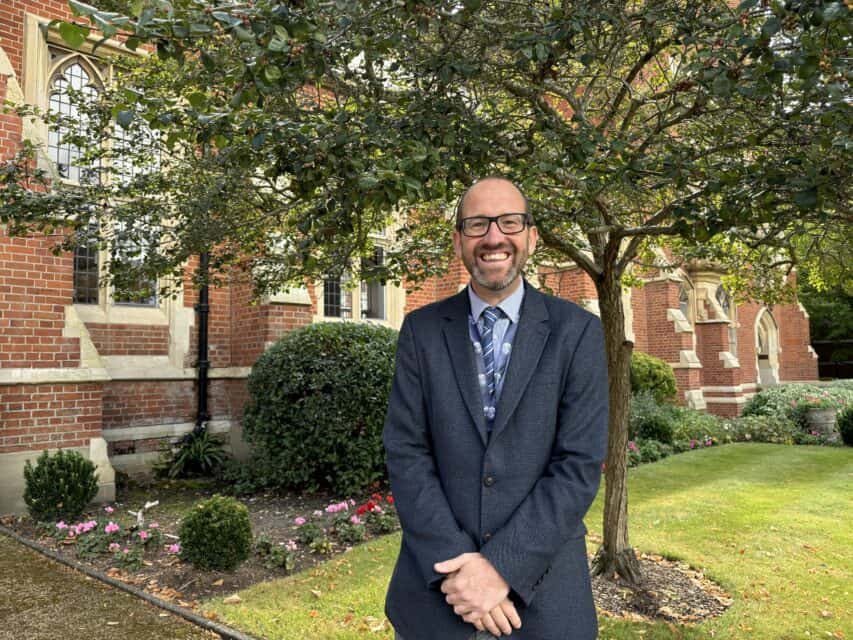Deputy Minister of Academic Affairs at Afghanistan’s Ministry of Higher Education, Osman Babury recounts how the country has rebuilt its education system over the last 12 years and what the government is doing to fight brain drain and increase HE access for women.
Сư�洫ý: Tell me about the state of higher education in Afghanistan right now?
OB: Afghanistan has a higher education system which has deep roots from the beginning of last century, with the establishment of Kabul University, which was one of the prestigious universities. Kabul University and five others were developing very steadily up until the 1980s and got very good reputations.
“Regarding quality,in the context of Afghanistan, we began from zero”
Unfortunately, the long-lasting war in Afghanistan caused many casualties and one of those is higher education. In 2002, when the democratic regime came in, our higher education system was in ruins. Many of our prominent professors and members left Afghanistan and the teaching infrastructure was completely destroyed. So during the last 12 years, after the collapse of the Taliban regime, we’ve made tremendous achievements.
Сư�洫ý: How have you rebuilt over the last 12 years?
OB: We can generally classify our achievements in two areas: up to the introduction of the national higher education strategic plan, and afterward.
During the first period, mainly our achievements were responsive to the crucial need of the post-war situation, answering urgent problems in a very chaotic manner.
Then, in 2009, we introduced the national higher education strategic plan based on the Afghanistan national development strategy. Enhancing education outcomes and accelerating human capital accumulation are the focus of our education and higher education systems through two goals: access and quality.
We’ve made tremendous achievements in access – you may know that during the long-lasting war in Afghanistan, especially during the Taliban regime and before the civil war during the Mujahideen regime, many females and many of the younger generation, including males, were in a bad situation where they were not able to attend university. And during the Taliban they banned any activities for females, so the last 12 years were characterised by a very strong motivation to admit them to higher education institutions.
“We’re trying to engage with foreign providers and foreign investors in Afghanistan”
Regarding quality, you know that it’s a multidimensional issue, especially in the context of Afghanistan – we began from zero. Our focus is on certain pillars on quality: one is faculty enhancement; the second is the rationalisation and strengthening of governance; then curriculum revision and revising the objectives of higher education based on the needs of the Afghanistan labour market. Finance is another issue in this regard. And finally, introducing quality assurance and accreditation.
We’ve made improvements in all those areas, but in spite of all the progress, there is a long way to go to reach all our goals to make higher education responsive to the needs of economic growth in Afghanistan.
Сư�洫ý: How many HE enrolments do you have?
OB: The total enrolment in public higher institutions is around 170,000 students. In private it’s around 130,000.
Сư�洫ý: Are the private institutions foreign institutions?
OB: There are foreign institutions and national as well. We have the American University of Afghanistan; there are some Iranian universities.
Сư�洫ý: What are the government regulations in terms of private providers?
OB: One of our achievements is the very sound and realistic legal framework we’ve built for higher education, including private higher education. So because what we have inherited is a closed, centralised system of higher education, our goal is to transform it into a diversified, responsive, merit-based and relatively flat system. We’re trying to engage with foreign providers and foreign investors in Afghanistan
Сư�洫ý: What are the benefits you think Afghanistan can give to foreign private providers?
OB: There is a huge trend towards higher education among the younger generation, so there’s a huge opportunity to expand, to generate money for them. Then the second one is they can contribute to our economic growth and help rebuild Afghanistan.
Сư�洫ý: Are you working with any partners on quality assurance or accreditation?
OB: Yes, we are partnering with different organisations including UK institutions – the British Council is mediating with certain universities there. There’s also a project called supported by the British Council, to train higher education leaders, the second cohort, is assigned for the quality assurance and accreditation.
“Now we have some students mainly from India and Turkey in Afghanistan higher education institutions. At the same time we have around 15,000 students abroad”
Сư�洫ý: You said you were trying to provide and education that answers the skill needs of industry in Afghanistan. What are those necessities?
OB: We believe that we have to produce graduates and even faculty members who will be able to innovate in higher education. That is our strategic goal: how to enhance the capacity of our graduates to be really responsive in terms of the needs of technical life of Afghanistan. We have a big, big university in Kabul called Kabul Polytechnic University. This university is the focus of our higher education Ministry. It has many partnerships with different universities and we have allocated a substantial budget for this university to be able to enhance the capacity. What’s very interesting is for the first time in the history of Afghanistan, this university is going to host a community college.
There are two programmes we initiated there. One is computer science, and the second one is medical engineering – biomedical engineering.
Сư�洫ý: In terms of looking outward, does your ministry have a strategy for internationalisation?
OB: Sure. I have to mention that 30 years ago Kabul University and others were hosting many international students from different countries, including Western countries like the United States. And now we have resumed it. Now we have some students mainly from India and Turkey in Afghanistan higher education institutions. At the same time we have around 15,000 students abroad who are allotted through our governmental scholarship scheme and through scholarships provided by different countries – Fulbright, for instance.
Сư�洫ý: How many students does the government scholarship programme fund?
OB: Through that we have around 5,000 fully funded students in Malaysia, India and Turkey.
“We are imposing a very good mechanism to ensure those students we are sending through scholarship come back”
Сư�洫ý: Is there any concern about brain drain, especially in light of the human capacity you lost during the war?
OB: I would like to say that in spite of all the bad reflection from Afghanistan, especially after 2014 when the international forces left, it doesn’t seem to be a big, serious problem for us. We are imposing a very good mechanism to ensure those students we are sending through scholarship come back. We are sending those people who guarantee they will be back and they shall serve the government and the community of Afghanistan and we are confident that by having them back, they can contribute very constructively in terms of rebuilding the country, in terms of governance.
Сư�洫ý: You just had elections in Afghanistan – is that going to change anything?
OB: We are hoping, yes. We are hoping for a positive change in Afghanistan, though we are happy with all our achievements over the last 12 years – a lot of them the first time in the history of Afghanistan – but we have to be very realistic in terms of building the country after three decades of war. I believe that it will take many years to recover from the casualties and disorder, but education is the basis, the basic tools in this regard to improve mental health and social promotion – those are the issues we need to focus on and we need time for that.



